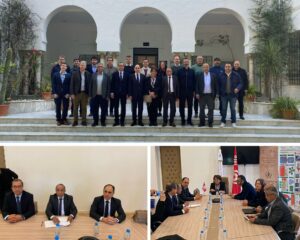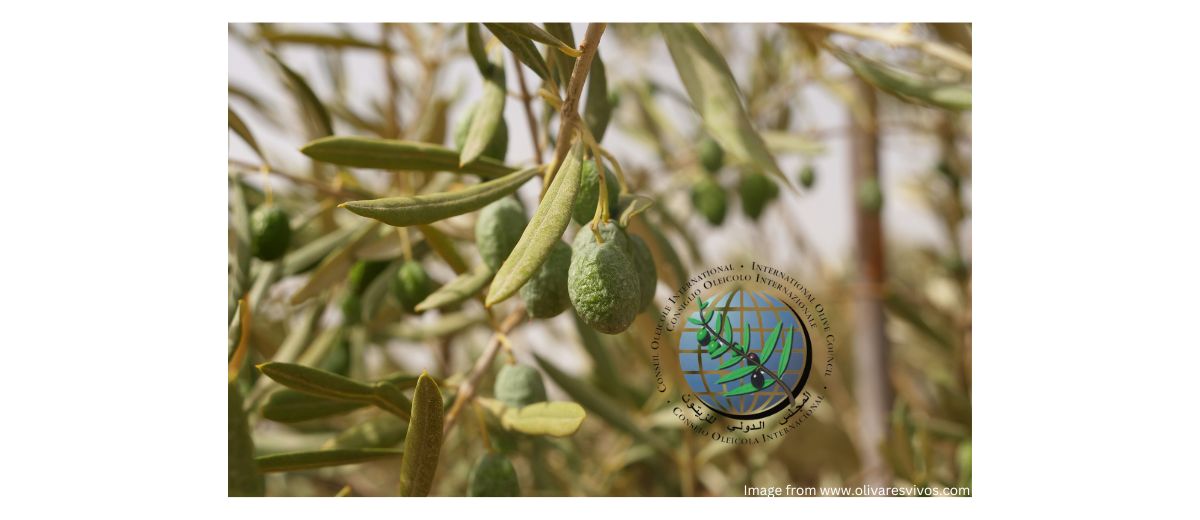The International Olive Council (IOC) is advancing its Carbon Balance Project with a second working session held on 18 and 19 February 2025 in cooperation with the l’Institut de l’Olivier” (the Olive Institute) at the National Institute of Agricultural Research of Tunisia (INRAT, by its French acronym) in Tunis. This initiative, launched in October 2024 in collaboration with the Spanish Association for Standardisation and Certification (AENOR, by its Spanish acronym), aims to develop a comprehensive framework and tools for measuring the carbon balance of olive groves.
The project’s objective is to establish a methodology that quantifies the carbon removal potential and the carbon balance of an olive orchard, aligning with the European CRCF regulation. This framework will assist olive farmers worldwide in obtaining a voluntary carbon credit certification for their olive orchards.
Mr. Abderaouf Laajimi, IOC Deputy Executive Director for Operational Affairs, inaugurated the event and emphasized the importance of this IOC initiative while encouraging the signing of a Memorandum of Understanding with the Institution of Agricultural Research and Higher Education (IRESA, by its French acronym) to create a lasting collaborative framework.
Professor Zohra Lili Chabaane, President of IRESA, warmly welcomed the initiative and expressed full readiness to formalize the agreement, underscoring Tunisia’s commitment to sustainable agricultural practices.
Also present at the inaugural event was Mr. Hamed Daly Hassen, Director General of Tunisia’s National Olive Oil Office (ONH, by its French acronym), who expressed the Tunisian sector’s anticipation for the carbon credit certification methodology. He commended the IOC for spearheading this significant initiative.
Mr. Mondher Ben Salem, Director General of INRAT, highlighted the project’s relevance, noting that it is a crucial initiative requiring tools to better understand how agricultural practices can reduce emissions and contribute to mitigation. Additionally, he emphasized that olive crops are recognized as an effective CO₂ sink.

The IOC’s Carbon Balance Project seeks to provide olive growers with practical tools to assess the carbon balance of their orchards and to generate voluntary credits carbon in the framework of the upcoming voluntary carbon credit markets. Olive groves represent 11 million hectares of forests which contribute to the health of the planet. Producing 1 litre of olive oil removes 10.65 kg of CO₂ from the atmosphere, while olive groves capture 4.58 tonnes of CO₂ per hectare annually. On average, one hectare of olive grove offsets the annual carbon footprint of one person. By promoting sustainable practices, the project aims to position the olive sector as a pivotal contributor to climate change mitigation.
For more information on the IOC’s sustainability initiatives and the Carbon Balance Project, please visit our website: www.internationaloliveoil.org









